Venezuelan President Nicolás Maduro Moros visited a number of Chinese cities including Shenzhen, South China's Guangdong Province, Shanghai and Ji'nan, East China's Shandong Province during his seven-day "historic" visit to China starting from Friday.
Observers said the rich schedule mirrors the vast potential of pragmatic cooperation that Maduro's visit is set to unleash, including in high technology, the setting-up of special economic zones, mining and agriculture, amid the Latin American country's push for economic diversification.
The further consolidation and elevation of bilateral relations also suggests the irreversible momentum of South-South cooperation, which leads to win-win results and unity among the developing world rather than certain Western countries wrestling for power out of a hegemonic mindset, analysts said.
The ongoing visit to China is Maduro's fifth visit as president. Maduro made a stop in Shanghai from Saturday to Sunday, the Xinhua News Agency reported. During his stay in Shanghai, Maduro visited local artificial intelligence (AI) and life science parks, speaking highly of China's achievements in high-tech sectors such as AI, while anticipating more pragmatic cooperation between the two countries.
Maduro noted that China has a lot of advanced medical equipment and talent, while Venezuela also prioritizes the development of tech industries, which means the outlook for bilateral cooperation is very broad.
He also said that Venezuelan enterprises will actively participate in the 6th China International Import Expo (CIIE) held in Shanghai, bringing more Venezuela-produced foods such as coffee beans and marine products to Chinese consumers.
Prior to his visit to Shanghai, Maduro visited Shenzhen, which is known as China's "Silicon Valley," as his first stop in China. When asked about the reason for choosing Shenzhen as the first stop of his trip, Maduro said, "For those who are looking for development, technology and new inventions, Shenzhen is an important place, so it is a good starting point," according to a report by the Shenzhen Special Zone Daily.
Maduro said his country is also keen to draw on the development experience of Shenzhen, one of China's first special economic zones which was at the forefront of China's reform and opening-up policy. He hoped the visit could set in motion cooperation between Venezuela and Shenzhen.
"We could envision multiple bright spots in future bilateral cooperation from the visit, especially in high-tech and special economic zones," Sun Yanfeng, director of Latin American research at the China Institutes of Contemporary International Relations, told the Global Times on Monday.
The selection of the cities including Shenzhen and Shanghai showcased that the country aims to further diversify its economic structure by learning through the valuable experience of the Chinese way of modernization, Wang Youming, director of the Institute of Developing Countries at the China Institute of International Studies in Beijing, told the Global Times on Monday.
Venezuela has created several special economic zones to date, as part of efforts to draw in foreign investors and reinvigorate its economy, which has been hampered by US sanctions.
Wang expected that future cooperation dynamics will focus on both the traditional economic and trade sectors as well as the emerging technology fields.
After wrapping up the Shanghai visit, Maduro flew to Ji'nan on Sunday night, continuing his trip in China, the Xinhua News Agency reported. Sun said that the visit could lead to in-depth cooperation between Venezuelan and Chinese enterprises in industries where the Latin American country has urgent needs, such as agriculture and mining.
Cooperation under the Belt and Road Initiative (BRI) is also expected to get a boost with Maduro's visit, analysts predict, as trade and economic relations between China and Venezuela are complementary and the latter is in dire need of infrastructure investment.
China is the main trade partner of Venezuela. In the first half of the year, bilateral trade rose 16 percent year-on-year to $1.92 billion, customs data showed.
As 2024 marks the 50th anniversary of diplomatic ties, the state visit will further cement bilateral relations and elevate bilateral cooperation to a new height, observers noted.
Sun said that the strengthened relations between China and Venezuela carry broader implications for the extent and quality of cooperation between China and the Latin American region. Economic relations between China and Latin America have been in the fast lane this year, with countries including Nicaragua, Chile, Peru, Costa Rica and Ecuador having all signed free trade agreements.
The visit also shed light on closer relations among the Global South, as developing countries focus on pragmatic issues such as reviving economic and social development, whereas the West engages in geopolitical conflicts and bloc politics, observers said.
Venezuela has formally applied to join the BRICS group, Maduro said in August, according to a report by Russian news agency TASS. Analysts also expect Maduro to discuss the matter with China during his visit.








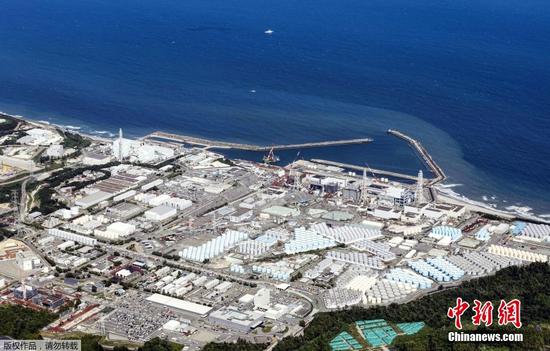
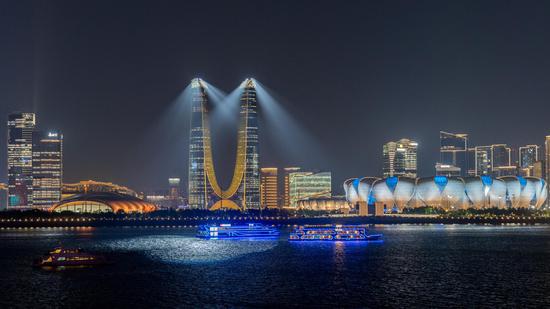
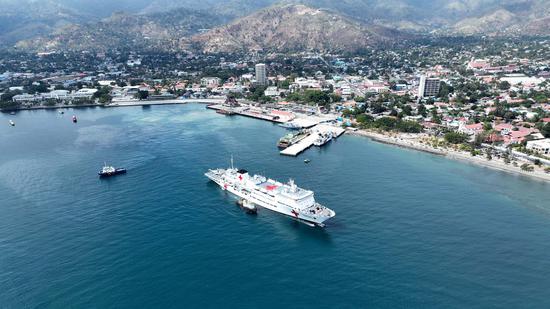
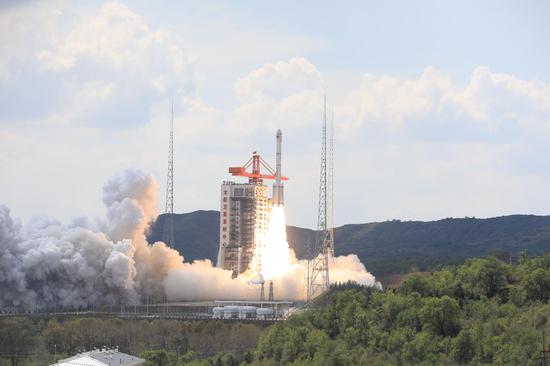

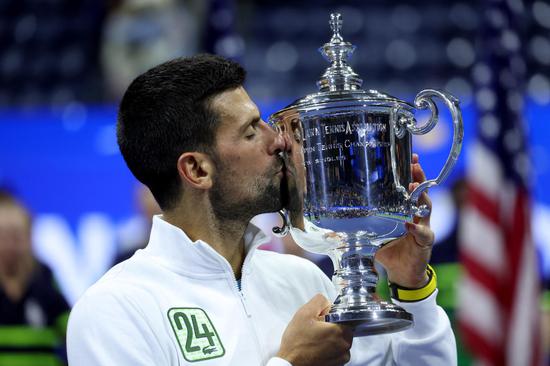
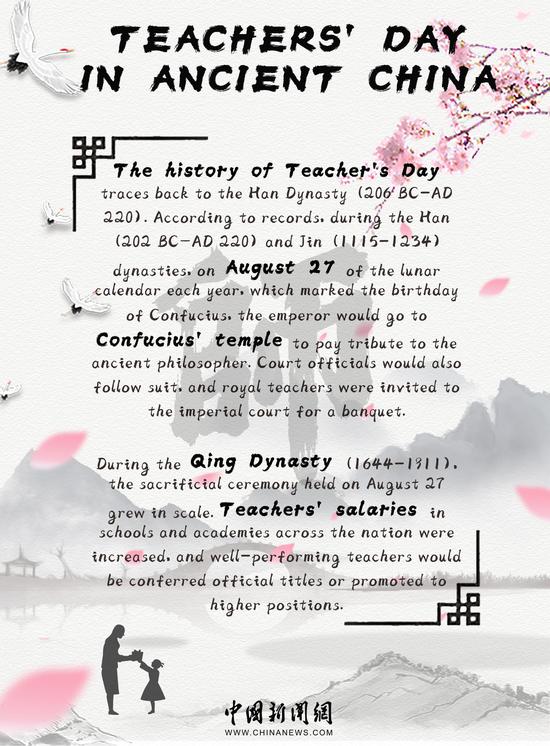
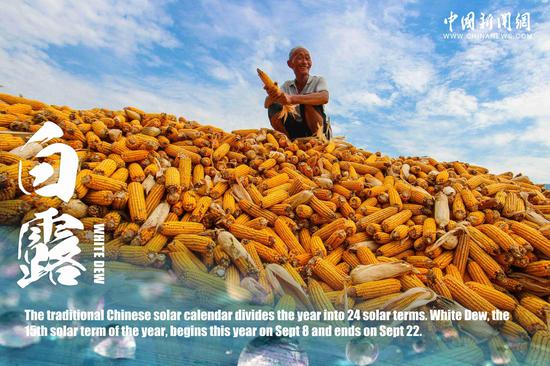
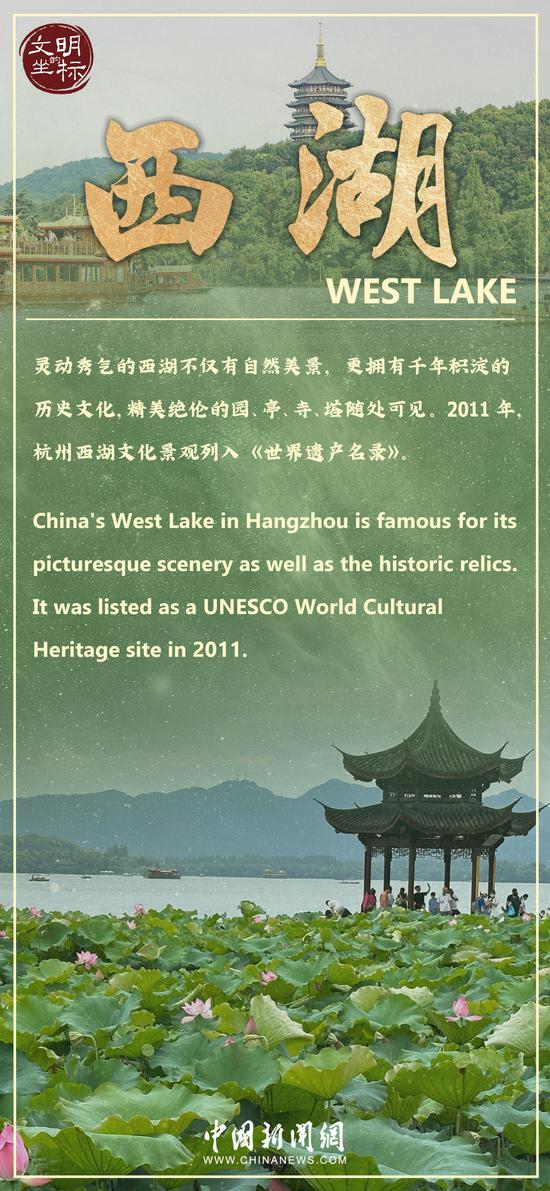
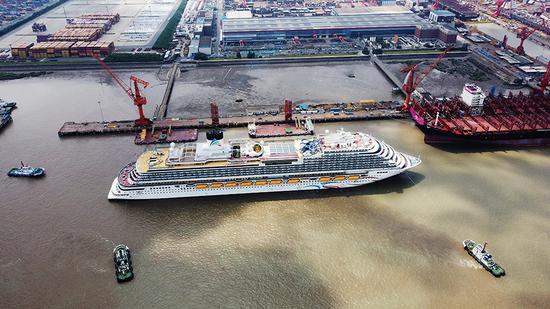

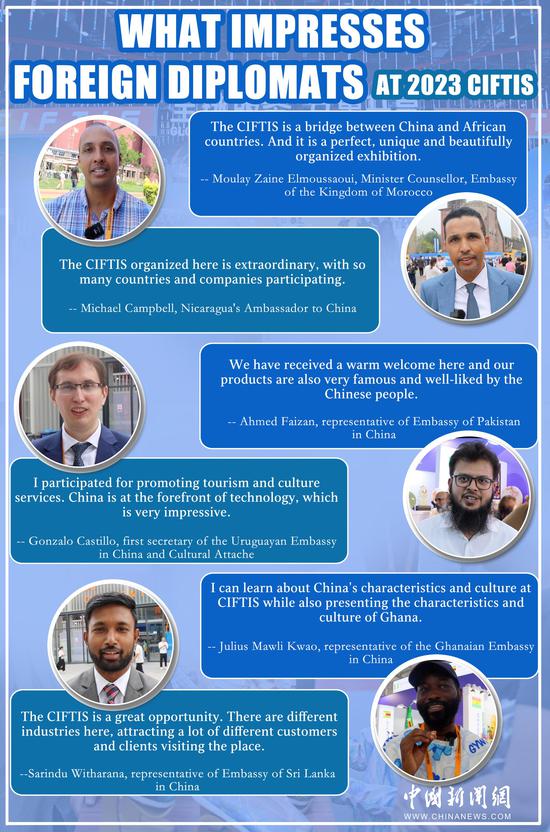

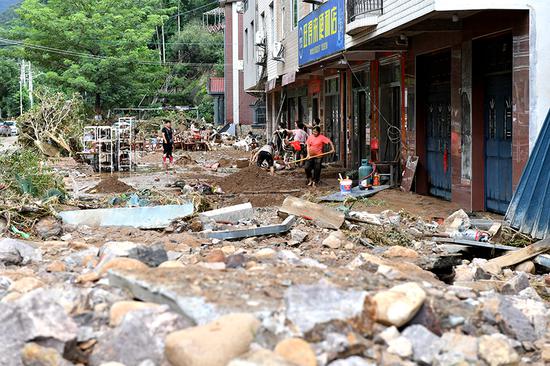
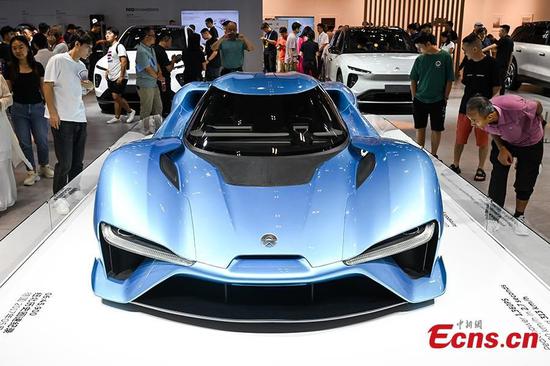
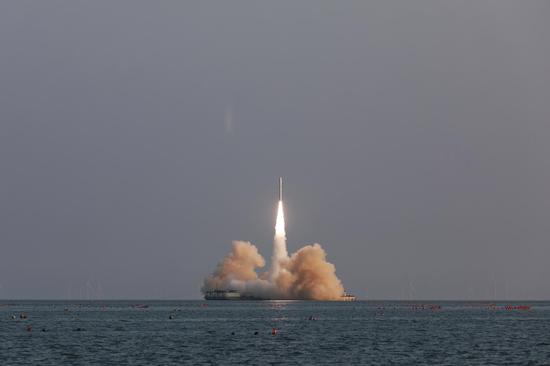
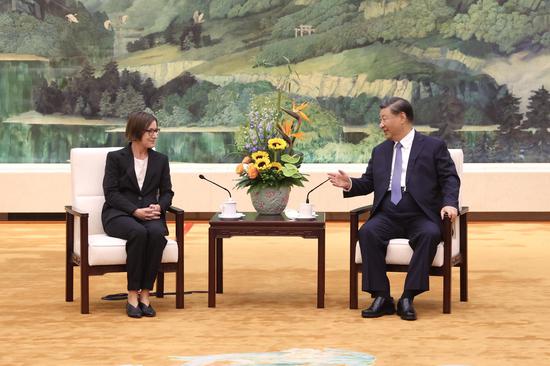
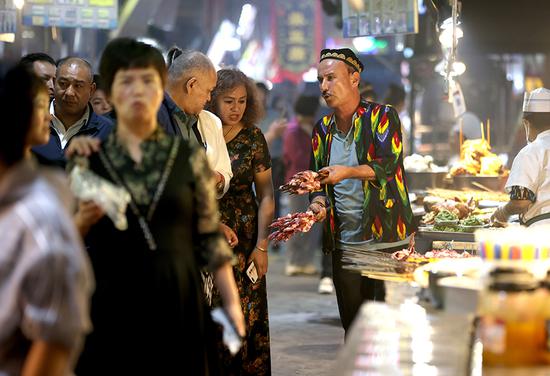


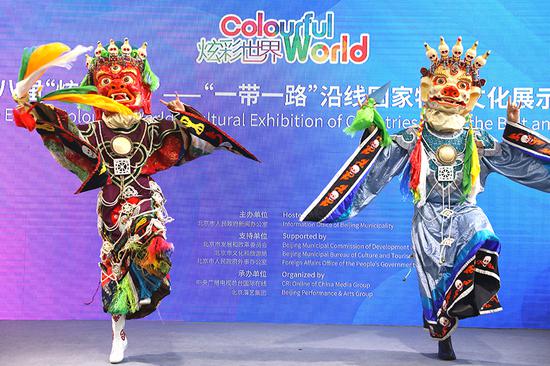

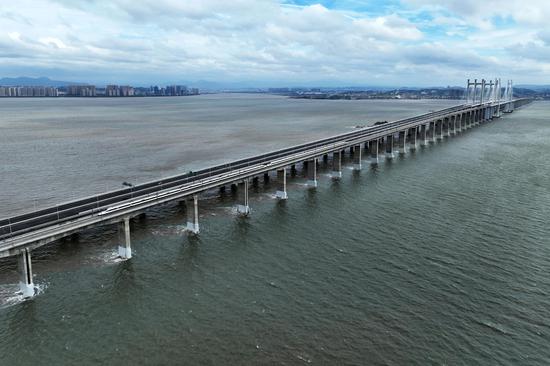

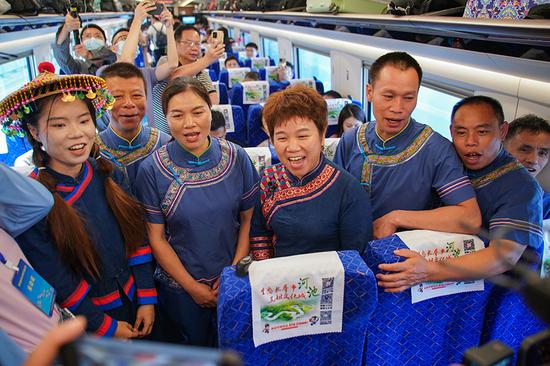
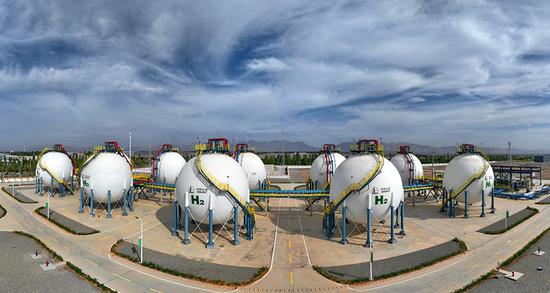

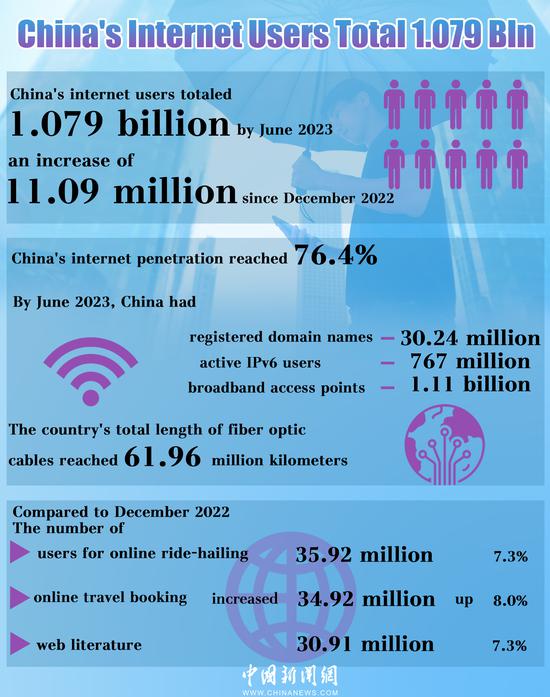
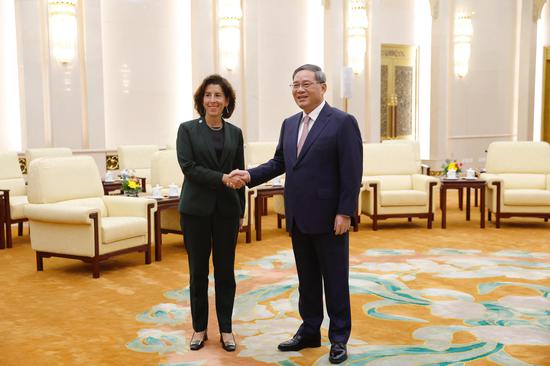
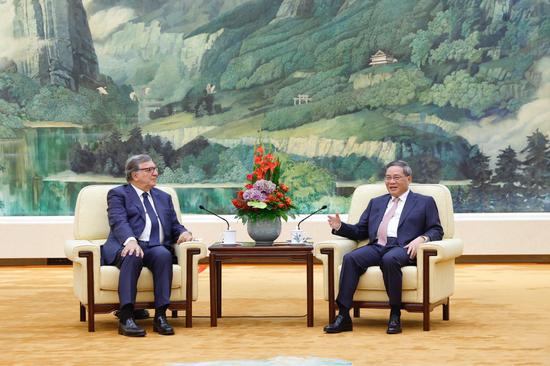
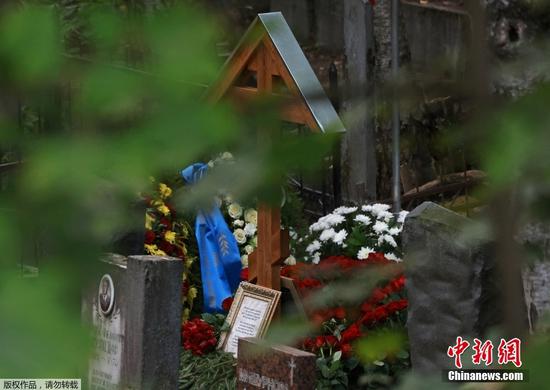

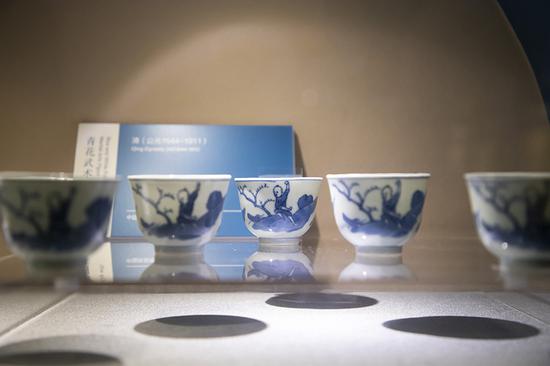
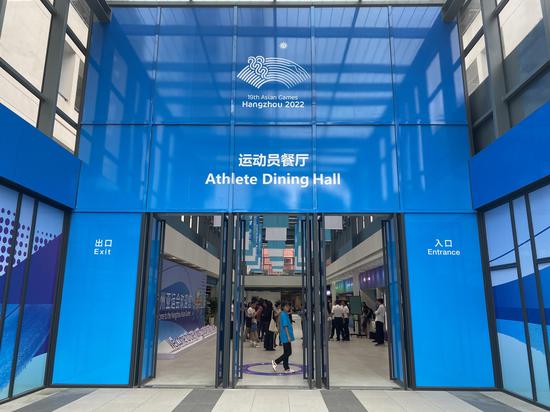








 京公网安备 11010202009201号
京公网安备 11010202009201号